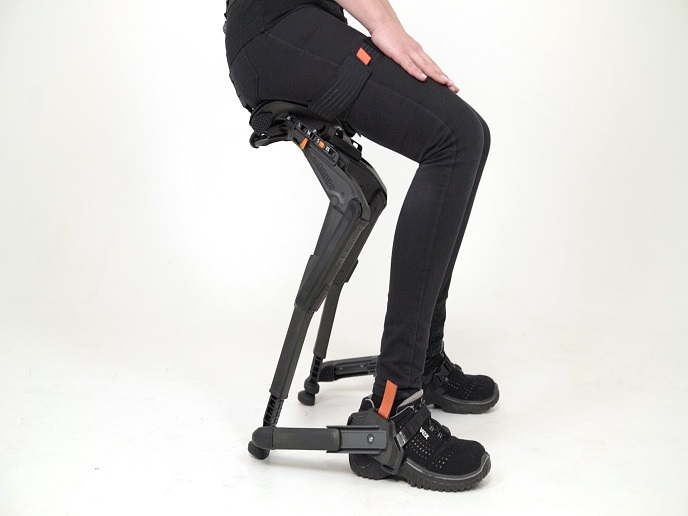Risk and maintenance management, with a human touch
The EU-funded INNHF (Innovation through human factors in risk analysis and management) project was a training venture. The consortium was administered under the Seventh Framework Programme's (FP7) Marie Curie Actions Initial Training Networks programme. INNHF supported training for early-stage and experienced researchers on the project's title theme. The consortium improved initial training of researchers in systems engineering, added to the skill base of trained researchers and improved researcher career prospects. The project recruited 13 early-stage researchers and 6 experienced researchers. Training consisted of network-wide skill-enrichment actions. As a result, trainees were better equipped to understand the technicalities of risk assessment as well as human and organisational factors. Such an integrated approach allowed participants to make more effective decisions in the project's research area. Exposing trainee researchers to multiple environments improved their knowledge, sensitivity and open-mindedness. The project's business partners expressed appreciation of the results. Through a series of case studies, the group reached the following conclusions. Risk-based decisions, made without explicit regard for human and operational factors (HOFs), as currently mainly carried on, has been demonstrated to loose sensitivity and effectiveness in the domains of safety, productivity and profitability. Secondly, researchers determined that it was impossible to define a single methodology able to address HOFs and technical aspects in all situations and applications. Thus, the team did develop a framework for the joint assessment of HOFs and their impact on productivity, safety, quality and sustainability and different in-depth applications for specific industrial case studies. The project's commercial partners adopted seven proposed solutions. The project also developed tools for applying the proposed solutions in industrial domains. INNHF resulted in improved training in risk assessment. The training provided a balanced form of decision-making likely to be more effective, profitable and productive.







